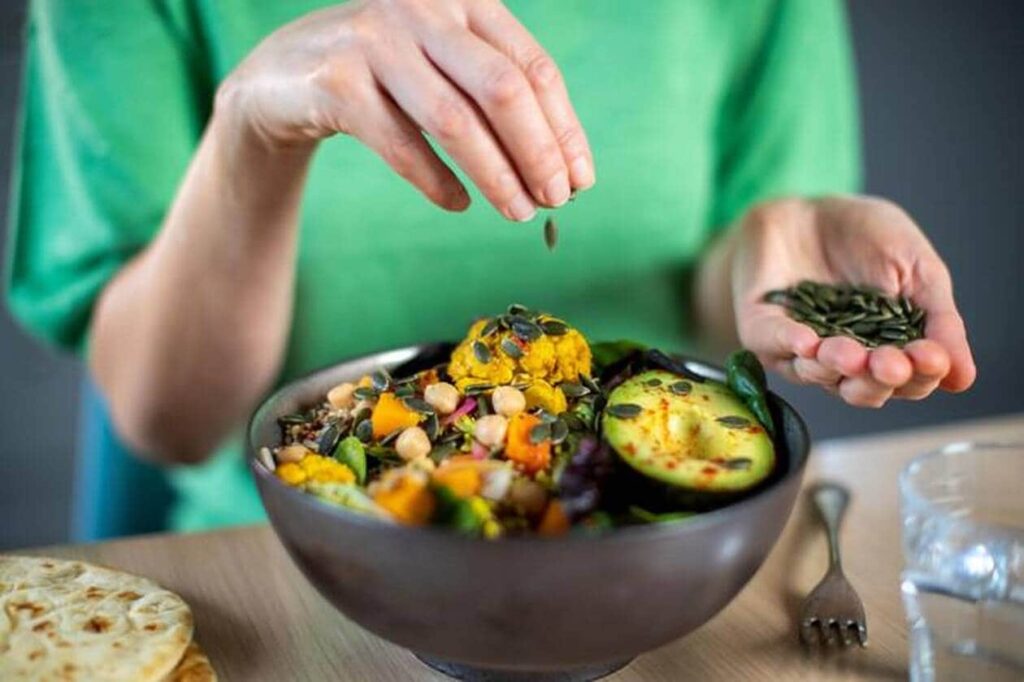American scientist Cynthia Rosenzweig has just won the World Food Prize, after spending decades studying the interactions between climate change and what we eat. Today, she hammers home this message: our food choices have a major impact on global warming. Maintenance.
Agronomist and climatologist, the American Cynthia Rosenzweig has just won the World Food Prize for her research carried out within NASA, at the famous Goddard space center. This prize, created in 1986 by the American agronomist Norman Borlaug (1914-2009), winner of the Nobel Peace Prize in 1970, rewards all contributions to the improvement of world food, whatever their scientific field ( agronomy, distribution, economy, etc.). Cynthia Rosenzweig has spent decades studying the interactions between climate change and what we eat. In an interview with Agence France-Presse (AFP), she explains why it is crucial to transform our diet, to fight against global warming.
Cynthia Rosenzweig, how does the food system promote climate change?
Climate change cannot be curbed without paying attention to greenhouse gas emissions from food systems. Our work, among others, shows that these emissions represent about a third of total human emissions. At the same time, food security for all is dependent on the changing climate… As we enter a crucial decade for climate action, food must be on the table.
What are the impacts of global warming on food?
High temperatures in general are detrimental to crops, because they accelerate their growth, so they have less time to produce grain. This greatly reduces yields. And then there are extreme events that occur at critical times, such as a heat wave during corn pollination. They are increasing in frequency and intensity in many agricultural regions.
And of course there is water, critical for food production. Warming is changing the water cycle in many agricultural regions, with more droughts and more heavy rainfall, because warmer air can hold more water. […] With the latest climate scenarios, the AgMIP crop modeling team [programme de simulation des cultures lancé par Cynthia Rosenzweig, NdlR] discovered that the impact on certain agricultural regions around the world is expected to be felt much sooner, even in the early 2030s. It really is soon.
Some of these key areas where these early impacts will be felt are in the central United States, West Africa and East Asia. In West Africa, agricultural production could fall by 20 to 40%, or even more.
What solutions to change things?
Increasing carbon storage can help fight global warming. We need to increase the efficiency of agricultural production and reduce food waste: it’s a ballpark figure, but around a third of the food produced is lost or wasted. If we weren’t wasting so much food, we wouldn’t have to produce so much, and therefore we would be reducing emissions from agricultural production.
In developed countries, there is also room for dietary choices that can make a difference, because livestock-related emissions, mainly from beef and milk, are significant.
But if we talk about consumption, we must recognize that the solutions are different according to the contexts and take into account questions of equity. Many people around the world have no choice when it comes to food. […] There is undoubtedly a movement for transformation of the food system.
Food is the key climate sector and connects everyone on the planet to global warming. We must transform our food system to ensure food security for all and a healthy planet.



